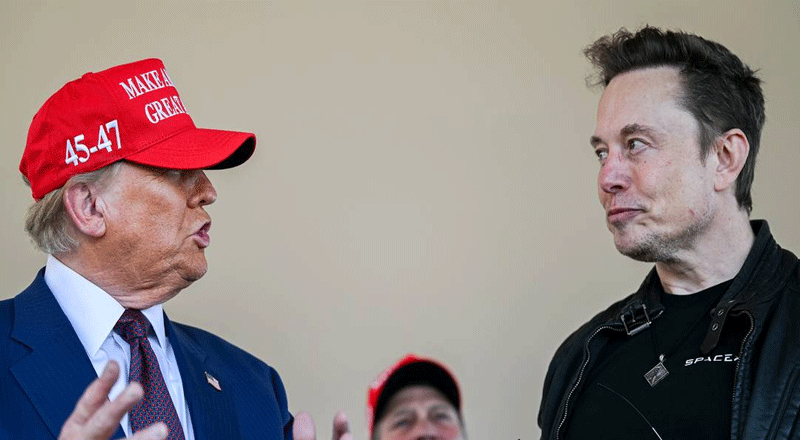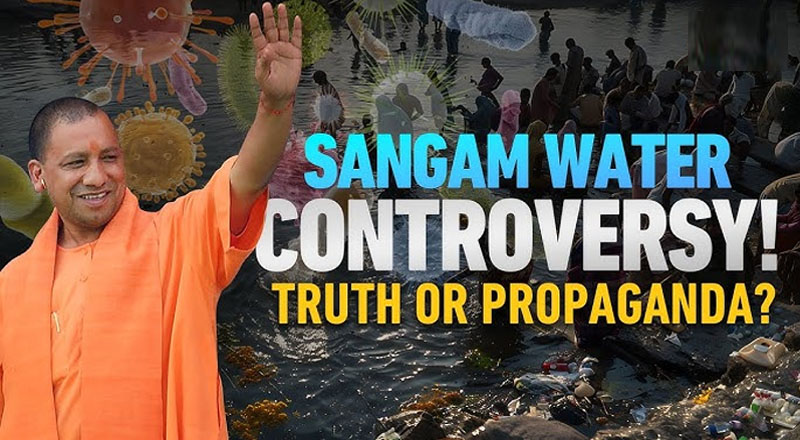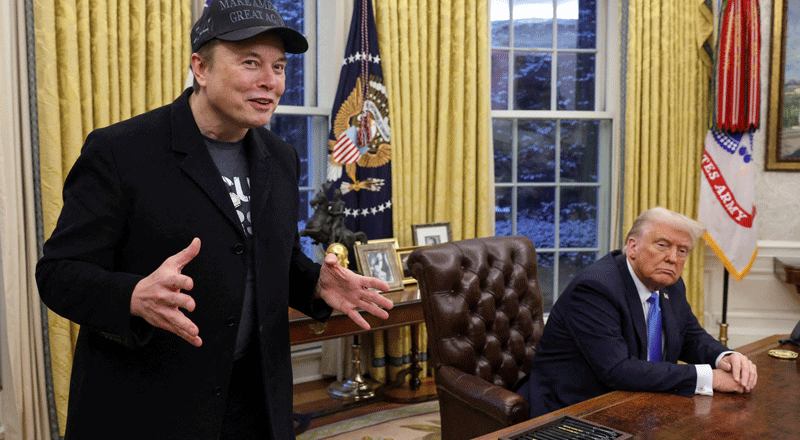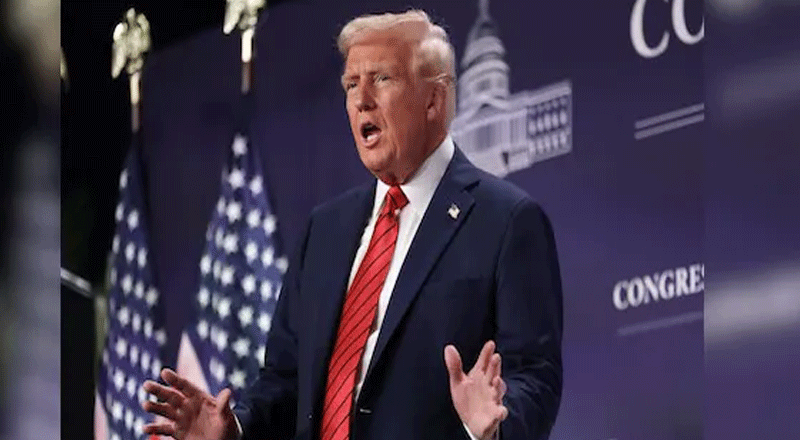The Controversial Grant and Its Implications
The recent announcement by the Elon Musk-led US Department of Government Efficiency (DOGE) to cancel a $21 million grant aimed at increasing voter turnout in India has ignited a fierce political debate. The grant, part of a broader initiative by the Consortium for Elections and Political Process Strengthening (CEPPS), was meant to enhance electoral participation in various countries, including India, Nepal, and Bangladesh. However, the revelation has sparked accusations of foreign interference, with the ruling Bharatiya Janata Party (BJP) targeting the opposition Congress for allegedly allowing external influence in India’s democratic process. This controversy has not only escalated political tensions but also raised critical questions about international involvement in domestic electoral mechanisms.
What Did DOGE Announce?
On Sunday morning (India time), DOGE declared the cancellation of multiple international grants funded through the American taxpayer, including the $21 million intended for India. CEPPS, a consortium backed by the United States Agency for International Development (USAID), had originally been allotted $486 million for strengthening electoral processes worldwide. The move aligns with DOGE’s broader mandate to curtail international funding by previous US administrations, particularly under Trump’s initiative to shrink USAID’s operations. Notably, the announcement did not specify any Indian entity or agency set to receive the grant, leaving room for speculation and political manoeuvring.
What Is CEPPS and Its Role?
The Consortium for Elections and Political Process Strengthening (CEPPS) is a non-profit, nonpartisan organization funded primarily by USAID. Established in 1995, it comprises three major international institutions: the National Democratic Institute, the International Republican Institute, and the International Foundation for Electoral Systems (IFES). Its mission is to support democratic transitions and electoral integrity worldwide.
India’s connection to CEPPS dates back to 2012, when the Election Commission of India (ECI) signed a Memorandum of Understanding (MoU) with IFES. The MoU aimed to facilitate training for election officials from different countries at India’s International Institute of Democracy and Election Management (IIIDEM). Despite this past association, former Chief Election Commissioner S.Y. Quraishi has categorically denied that any US funding was used to raise voter turnout in India under his tenure.
BJP’s Outrage: Accusations of Foreign Interference
The BJP has seized upon DOGE’s revelation to attack the Congress, alleging that the opposition party has historically enabled foreign involvement in India’s electoral processes. Prominent BJP leaders, including Amit Malviya and Rajeev Chandrasekhar, have questioned the motivations behind the grant, arguing that such funding is a direct attempt to manipulate India’s elections.
Malviya, BJP’s IT cell head, took to X (formerly Twitter) to state: “$21M for voter turnout? This definitely is external interference in India’s electoral process. Who gains from this? Not the ruling party for sure!”
Chandrasekhar further linked the controversy to billionaire investor George Soros, a frequent target of the BJP, citing his alleged influence over global political initiatives. BJP leaders argue that CEPPS’ involvement in India’s electoral framework under Congress rule was part of a larger strategy to allow foreign entities to shape India’s democratic landscape.
Congress’ Response and the Political Word War
The opposition Congress has dismissed BJP’s allegations as baseless fear-mongering. Former Election Commissioner S.Y. Quraishi, who served during the UPA regime, clarified that the IFES MoU was purely for knowledge exchange and capacity-building, not for election funding or voter turnout initiatives. He emphasized that India’s elections are independently conducted by the Election Commission without external interference.
Despite these clarifications, the controversy has given BJP ammunition to reinforce its long-standing narrative of Congress being complicit in allowing foreign interests to meddle in national affairs. The ruling party has used this development to further highlight the Modi government’s commitment to safeguarding India’s sovereignty, contrasting it with the alleged lapses under the previous UPA administration.
Beyond Politics: The Real Impact of Grant Cancellations
While the political discourse remains heated, the larger question revolves around the actual significance of the cancelled grant. CEPPS and USAID have historically worked to strengthen democratic institutions globally, often providing technical assistance, training, and capacity-building rather than direct electoral intervention. If the grant was genuinely meant to improve voter awareness and participation in India, its cancellation might mean fewer resources for voter education campaigns and democratic engagement initiatives.
However, the lack of transparency regarding which Indian entity would have received the funds leaves room for doubts about its true impact. In a country where voter turnout has consistently been robust, with over 67% participation in the 2019 general elections, questions arise about whether such external assistance was ever necessary in the first place.
Consequences and Takeaways
The DOGE announcement has not only escalated political hostilities but also underscored the complex interplay between international funding and national sovereignty. While the BJP has successfully weaponized the issue to target Congress, the real impact of the grant cancellation remains ambiguous. The controversy serves as a reminder of how foreign assistance in electoral processes can become a political flashpoint, even in democracies with well-established institutions.
At its core, the debate highlights the broader challenge of balancing international cooperation in democratic strengthening with concerns about external influence. As India heads toward its next electoral cycle, the row over the $21 million grant is likely to remain a contentious talking point, further deepening the political divide between the ruling party and the opposition.
(With inputs from agencies)





